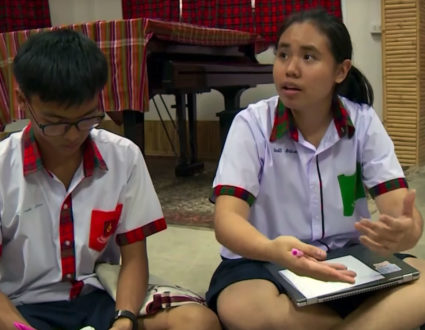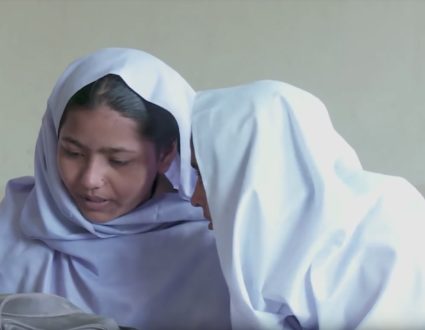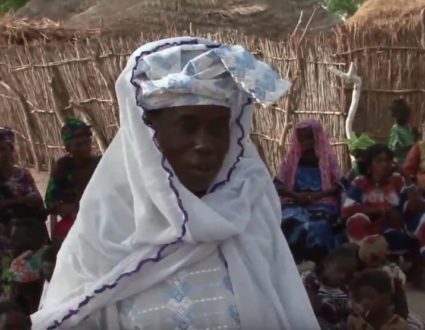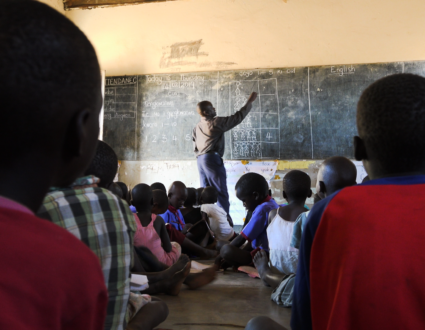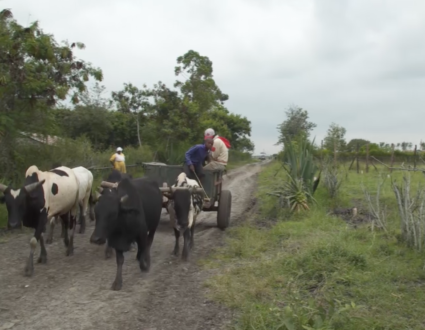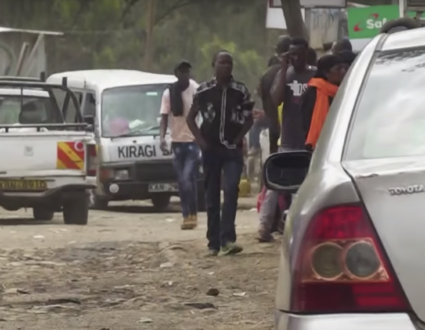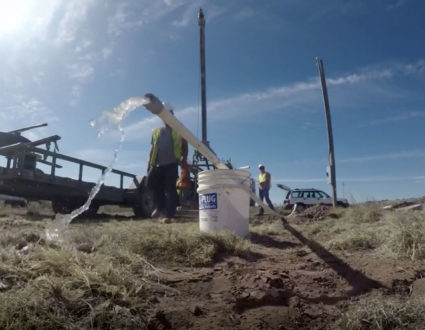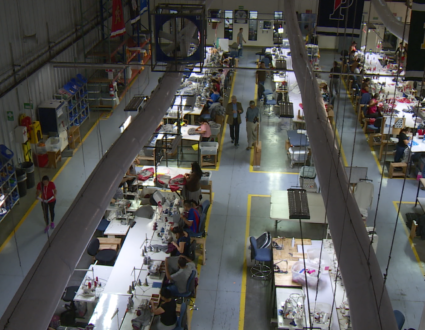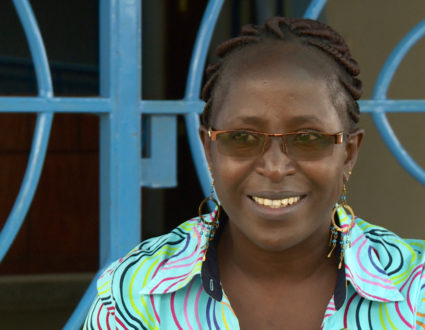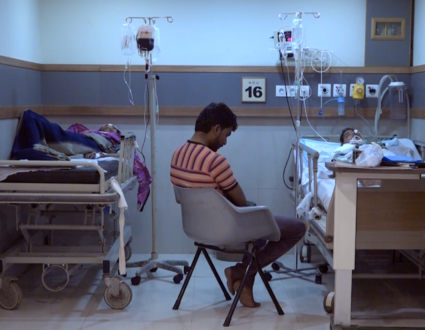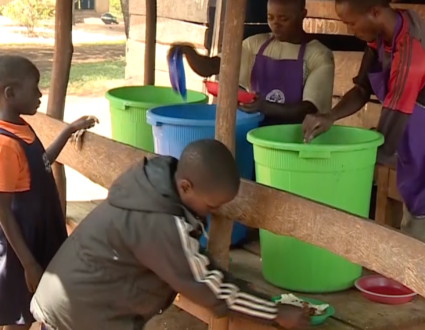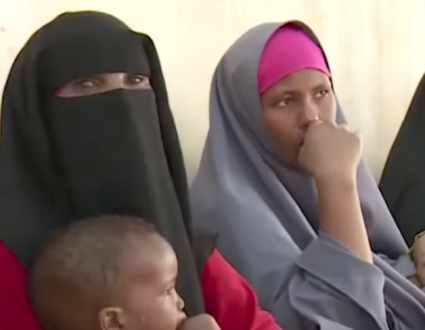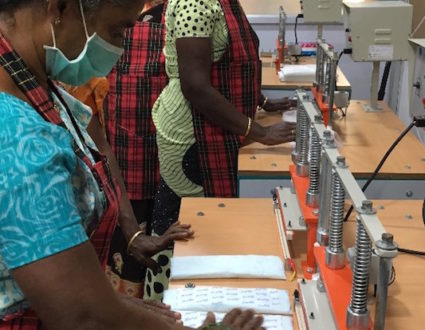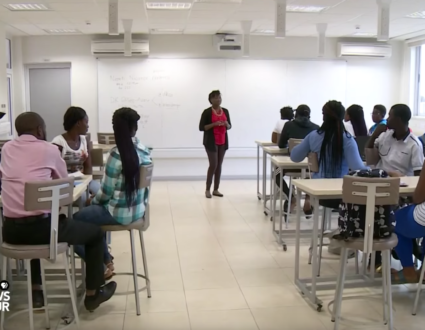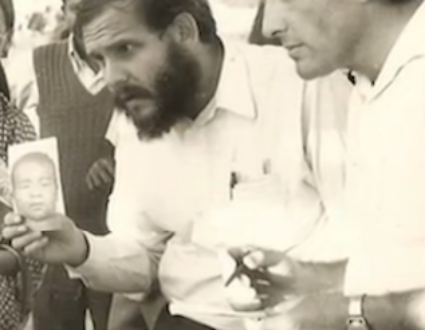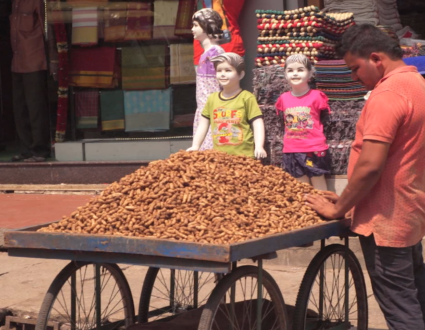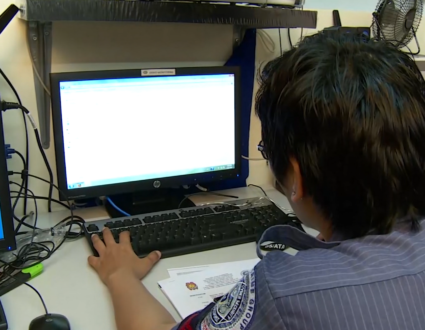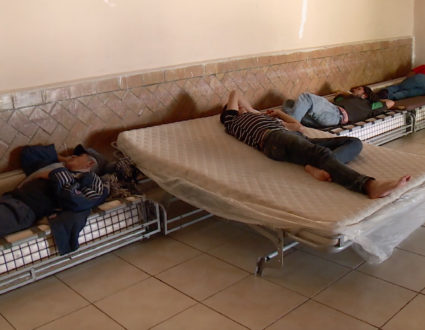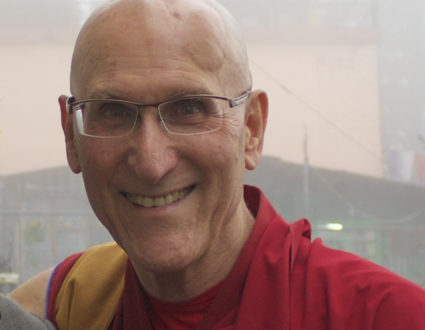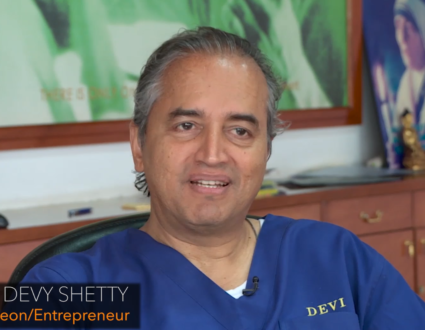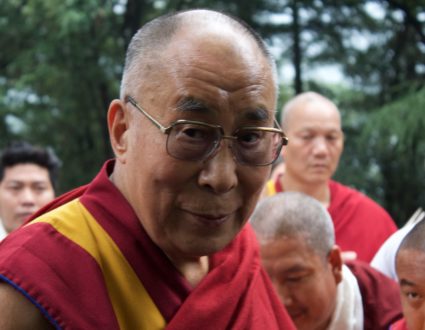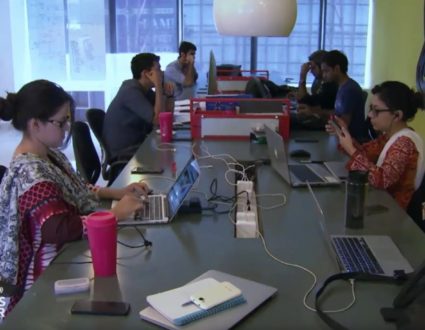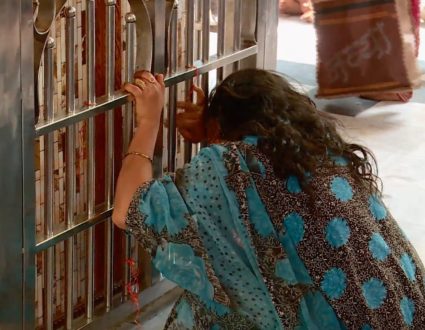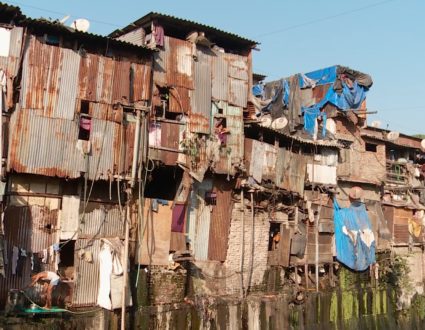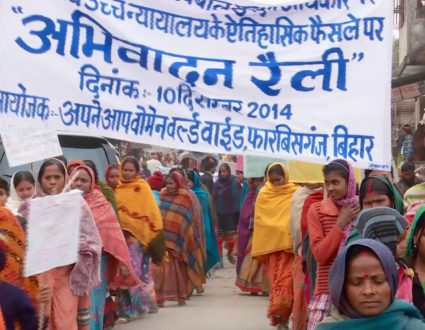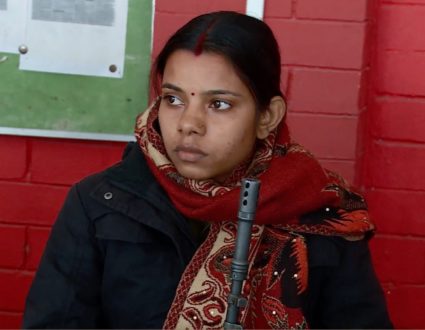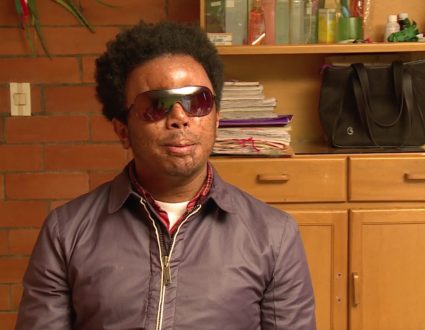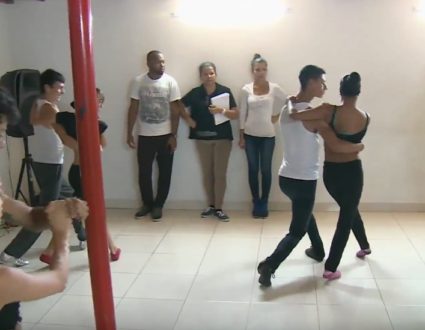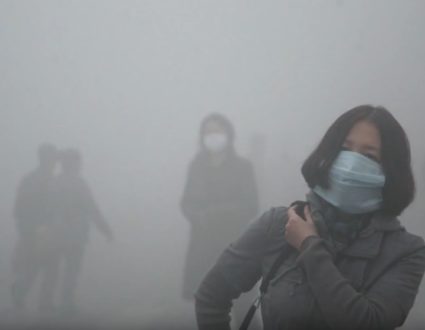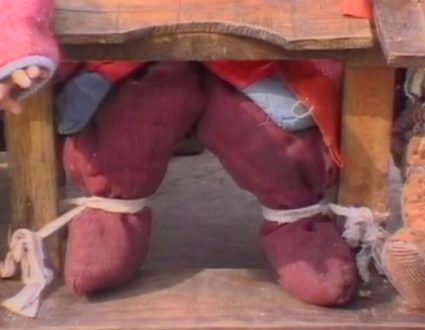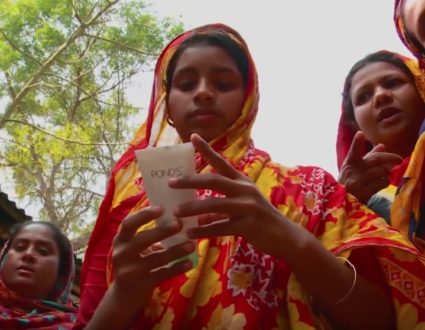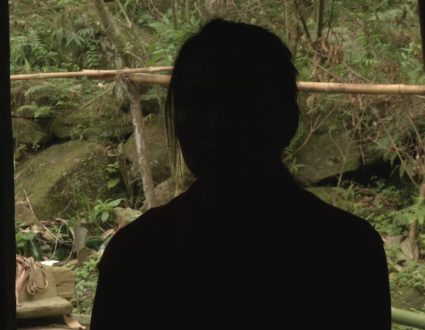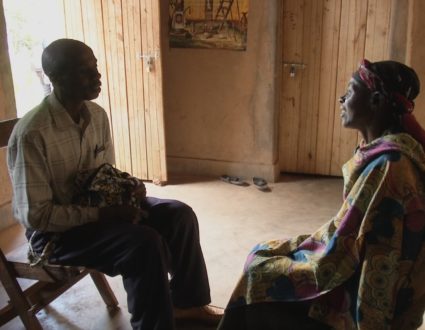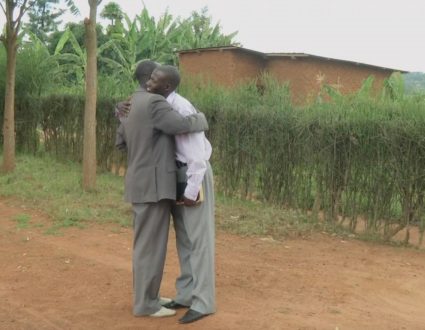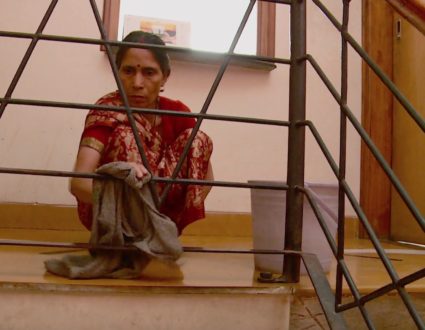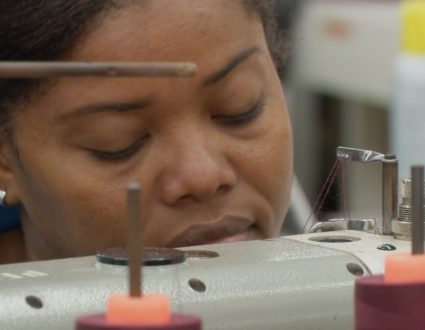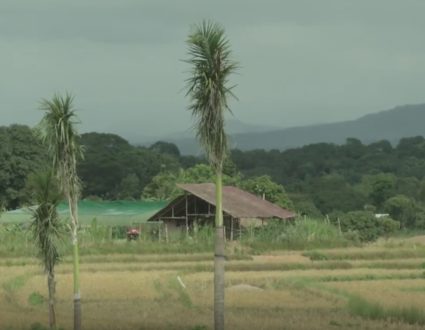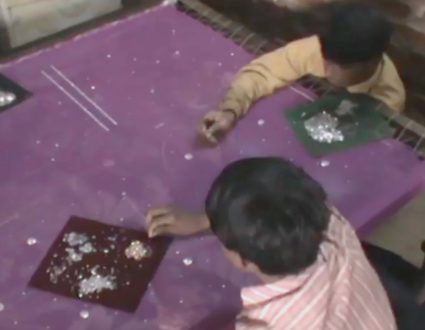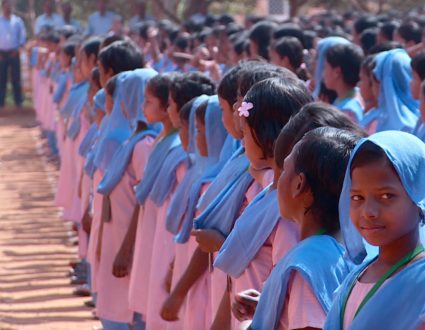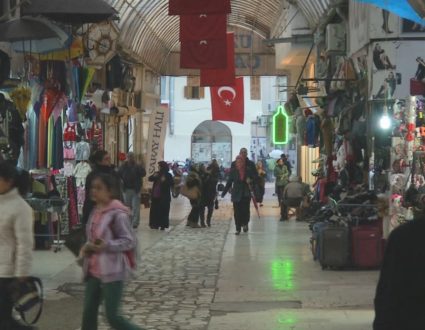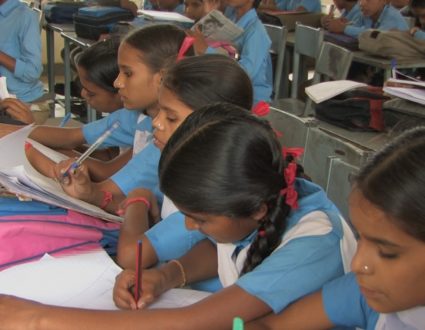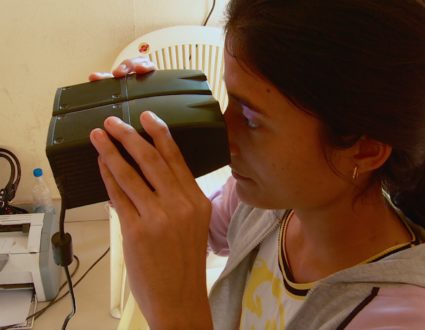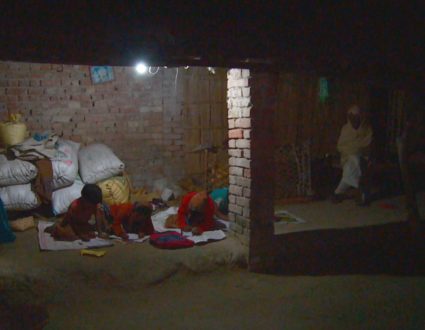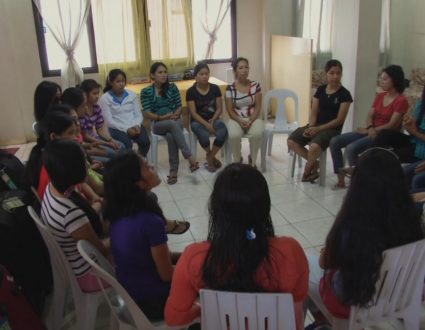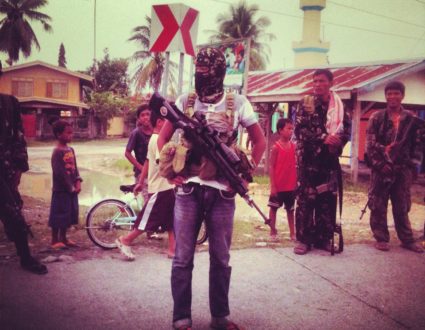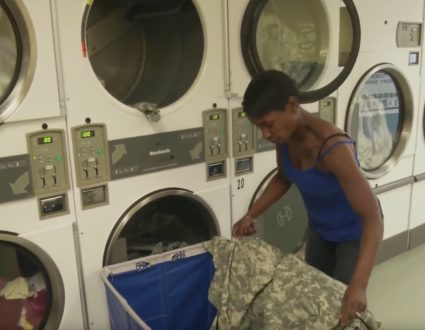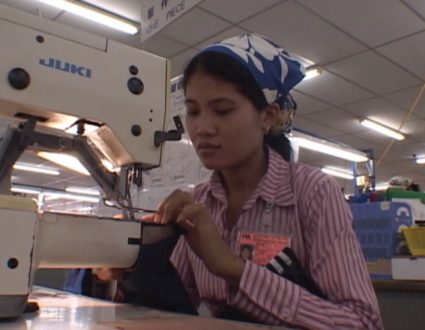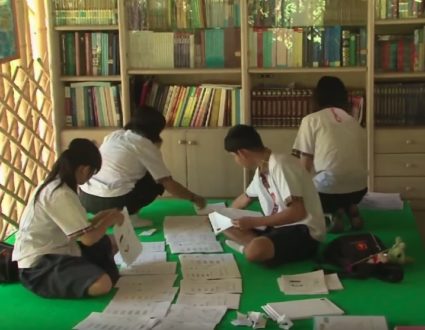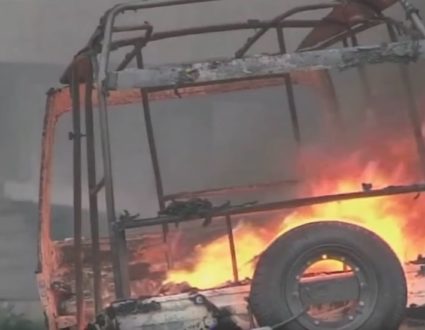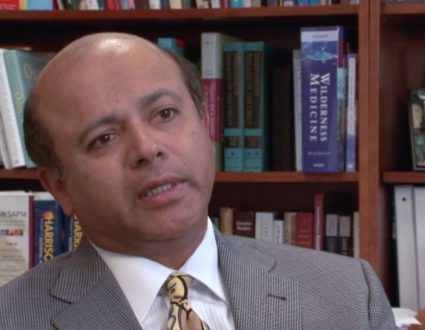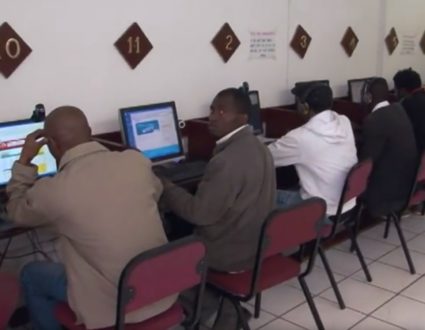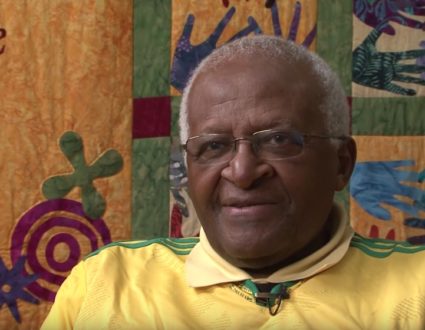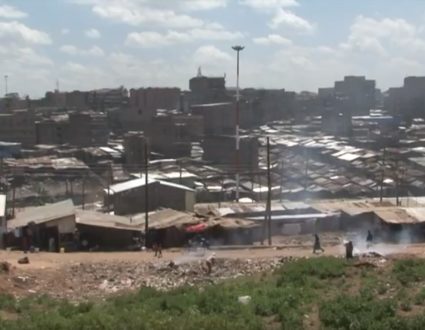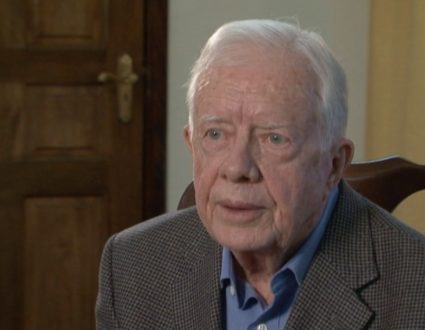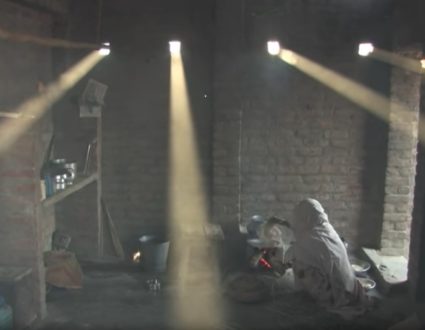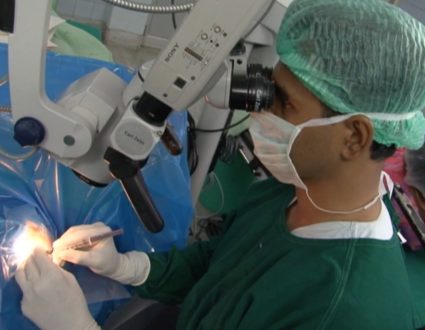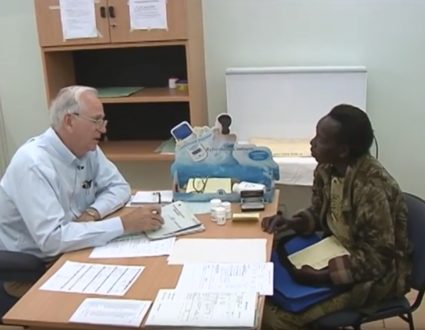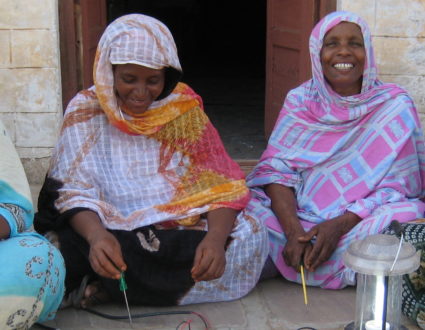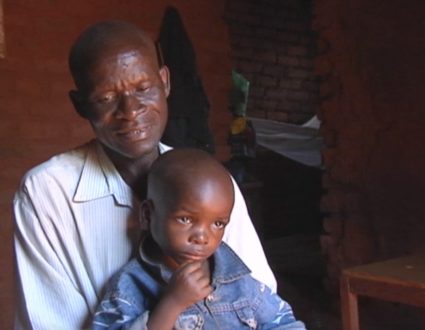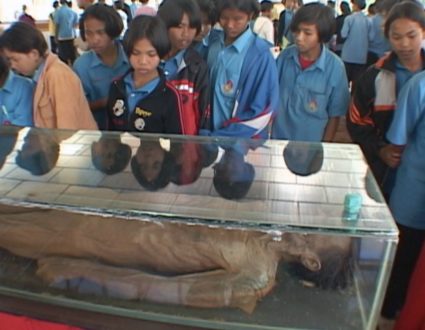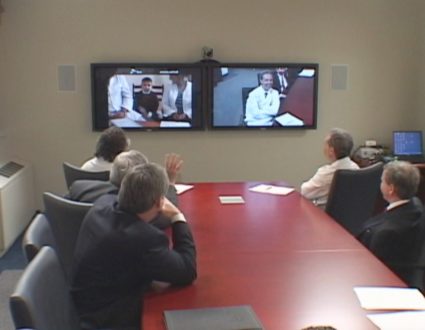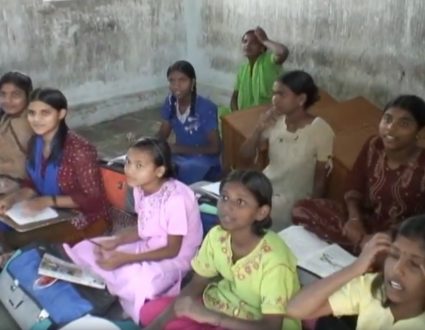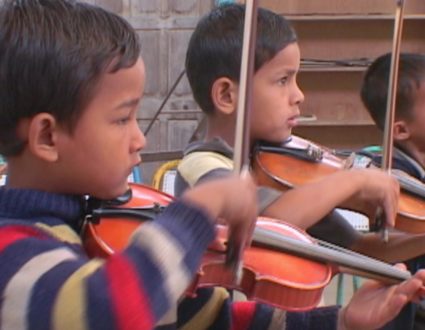Fred de Sam Lazaro: The streets in Cambodia’s capital, Phnom Penh, would normally be thronged with tourists but even though there isn’t an official lockdown, they’re deserted. These images are from two days ago, taken by Sebastien Marot, who heads a non-profit called Friend’s international.
Sebastien Marot: Everyone is nervous about survival, the hotels are closed, restaurants are closed. The garment factories which were which are the number one industry in the region, had problems getting raw material from China. So they started closing also,a lot of people lost their job…
Fred de Sam Lazaro: For 25 years, Marot’s group, has provided vocational training to thousands of young men and women, notably in restaurants, including those it runs. They’ve been sent home, with small care packages of food and hygiene supplies for those from the neediest families…
Sebastien Marot: We’re bracing. The numbers are still low, the official numbers in the region, but we know that it’s just a question of time.
Fred de Sam Lazaro: As of Friday, April 17, Cambodia reported 122 coronavirus cases and no deaths. It’s larger neighbor Thailand had nearly 2,700 cases and 47 deaths, much of them in and around the capital Bangkok where we reached well-known social entrepreneur, Mechai Viravaidya
Fred de Sam Lazaro: What can you tell us about the mood in Thailand overall?
Mechai Viravaidya: Well, in urban setting, it’s a bit tight. People are concerned because they’re seeing the level of unemployment right around them. And as for rural people, they’re much more relaxed.
Fred de Sam Lazaro: Mechai has focused much of his energy in recent years on bolstering the rural economy in a country whose prosperity has been largely urban… He set up the Mechai Bamboo School in one of Thailand’s poorest regions—trying to inspire students in agriculture technology and to entrepreneurship and service in rural communities… Most of the 180 students have been sent home, leaving about 25 whose circumstances don’t allow it, Mechai says. They’ve maintained the schools’ extensive horticulture labs and vegetable gardens, sewn masks and prepared meals to distribute to community elders…
Mechai Viravaidya: Our students are doing community service providing seeds for the people to grow and we are keeping in touch with all students and sending them seeds and masks and anything else that they would like to send them a bit, some budget to cover their costs…
Fred de Sam Lazaro: Another school project we’ve profiled before that’s been put on hold is the Citizens Foundation schools in Pakistan. Founded in 2010, it’s grown to 800 schools addressing the serious deficiencies in public education, especially for girls. Co-founder Mushtaq Chhapra said students and their teachers have become ambassadors for the prevention campaigns
Mushtaq Chhapra: health and hygiene is a very important part of the curriculum of the education program of TCF. And these teachers and these students are well aware of how hygiene is in this is special in this epidemic. So they are explaining all the methods of hand washing, or keeping clean or staying distant from each other…
Fred de Sam Lazaro: That is easier preached than practiced, he adds, in the poorest communities, particularly in urban slums, where both water and space are in short supply…that’s also true in the country’s health care system. We shot these images in January outside Karachi’s main public hospitals; thousands of people who’d stood in line for hours for the chance to see a doctor later in the day…
Mushtaq Chhapra: This is the first time we have seen such a thing. And we see how helpless we are, you know, even the developed nations are struggling in the healthcare system. So Pakistan will not be any better…
Fred de Sam Lazaro: As of April 17, Pakistan has reported more than 7,000 coronavirus cases, with 135 deaths. The worry about a lack of resources is shared across sub Saharan Africa, making public education critical in prevention and containment efforts. We reached Molly Melching, founder of the human rights group Tostan in Dakar, Senegal where she has lived for 4 decades.
Molly Melching: I remember finding out on March 2, when we had our first case, I said, Well, how many ventilators are there in the country? And they said four. Four!
Fred de Sam Lazaro: Melching’s non profit is best known for helping thousands of west African villages abandon the age-old practice of female genital cutting. Engaging local communities and leaders has been key to the group’s success. Melching says they’re using similar strategies with coronavirus
Molly Melching: We’re worried about handshaking, which is a social norm here, the welcoming that you give to someone is just so important, and so to tell people to stop doing that is very hard. So we pretty much have adopted this way of saying hello, that’s so so important to get it out on the radio, perhaps to get the videos out on WhatsApp, that they could at least see people whom they respect for example, we’re using religious leaders.
Fred de Sam Lazaro: And how to convey the idea of viral transmission from coughs and sneezes? Tostan went back to an earlier hygiene campaigns against diarrheal diseases:
Molly Melching: When people don’t go to school and they don’t learn some of the basics of hygiene in terms of what are germs, and so people I think are looking: where are these droplets? I don’t see them. We would put a bowl of water and then put some perfume in it and say, look on your hands you, do Is there anything on them? And they say no. And then we said, smell them, ah, you have something on your hands, but you can’t see them, but it is there…
Fred de Sam Lazaro: Senegal has 342 cases and 2 deaths. Like much of the region, it is in virtual lockdown…counting as much on hope and luck as science to contain the spread of coronavirus.
Counting on hope, luck and science
We’ve covered Agents for Change all over the world, and we wondered how the coronavirus pandemic has affected their work. We check in via video call with past subjects of our stories in Cambodia, Thailand, Senegal and Pakistan.



